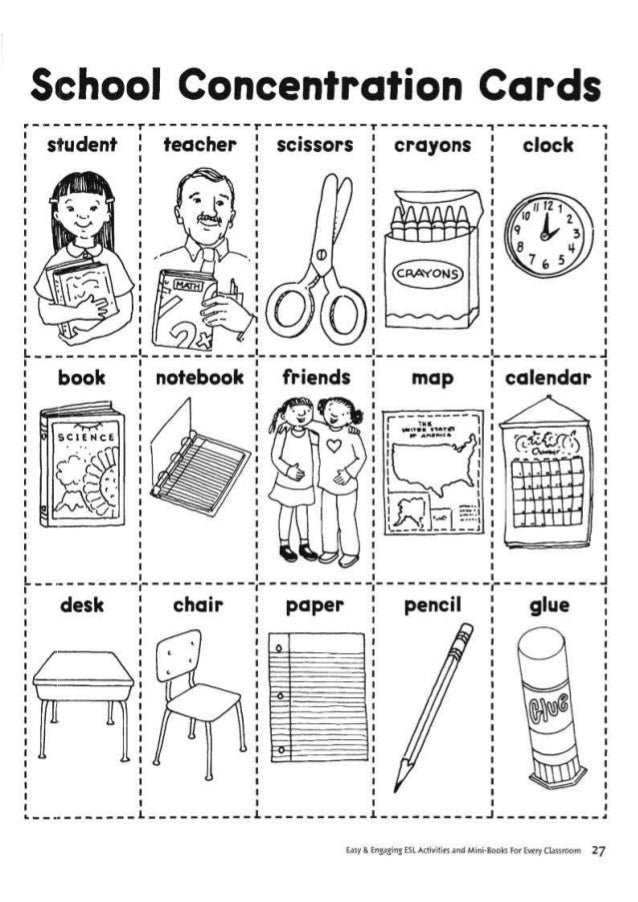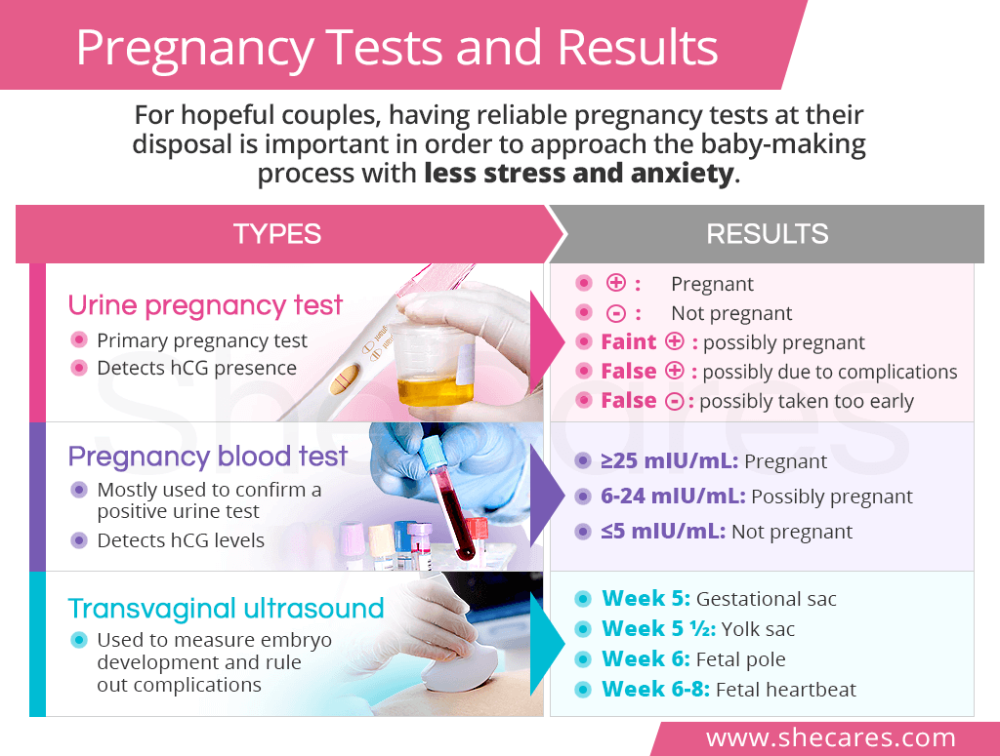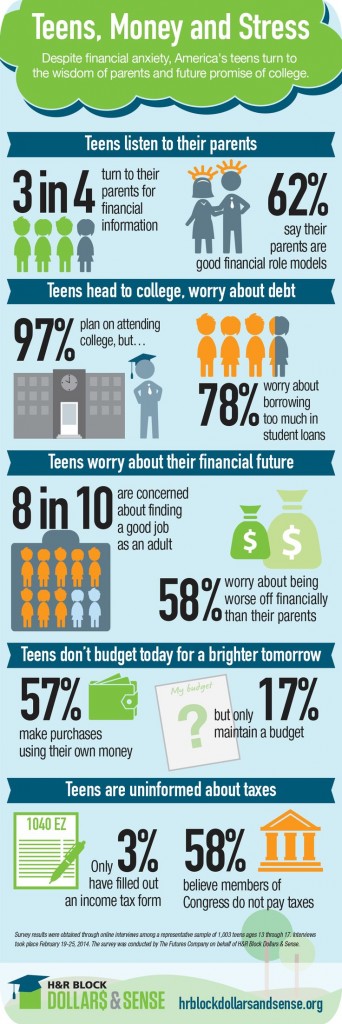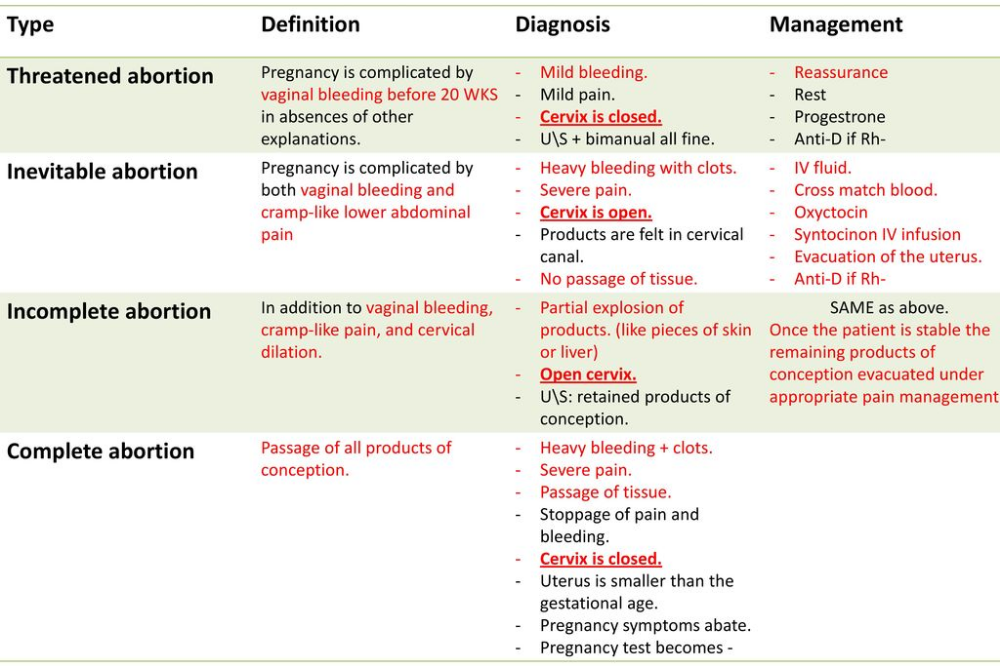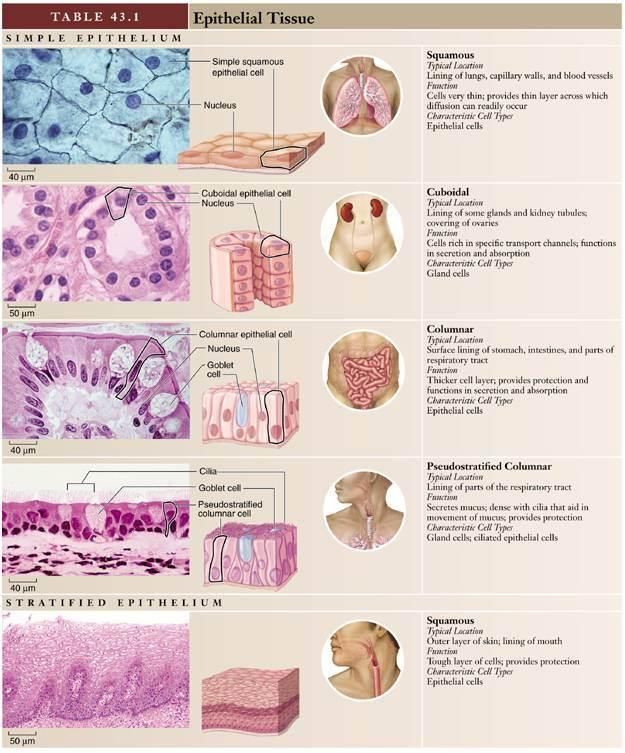How to find the best high school for your child
10 Tips for Choosing the Best High School for Your Child
High school is an important time of life that sets the stage for the rest of a child’s academic and professional future. Simply sending your son or daughter to the high school down the street may work in some instances, but definitely not in all. The key to choosing the best high school for your child lies first in understanding your child’s specific needs, but it also requires you to learn about the various options available. To help you in this seemingly daunting task, we have 10 tips to help you choose the best fit in high schools for your child.
This video from Great Schools offers some tips on finding the right school.
Define Your Child’s Needs
Some children work better in a structured learning environment, while others thrive in classrooms that allow students to guide the process. Look at a school’s curriculum and disciplinary policies to determine whether the environment will be a good fit for your child. Education.com suggests specifically looking at factors like whether the school stresses group projects over individual assignments, homework policies, and discipline practices. Find out if the school is doing everything it can to help students learn, regardless of students’ backgrounds, disabilities and learning styles.
Determine Your Child’s Learning Style
Identify your child’s learning style, whether your child is a visual or auditory learner, and whether he works better in groups or individually. Does your child have any learning disabilities the school will need to address? If so, does the school offer specific programs for those types of disabilities? If possible, talk to parents of children with similar learning styles to find out how they think the school is performing.
This video discuss whether a small or large school is better.
Weigh Your Options
Today, parents needn’t limit their school choice to the neighborhood high school. Most areas offer a plethora of school options, from private and public high schools to charter, magnet and vocational schools. CNN also suggests looking at homeschooling networks, online education, and partnerships with local colleges. It is important to research all the schools in the vicinity if you want to ensure the best choice for your child.
Consider Diversity
While diversity may be a significant factor for minority students in particular, a diverse student body can benefit all high school students. Lewis Chappelear, a teacher at James Monroe High School in Los Angeles, told U.S. News and World Report that diversity is important for training up future leaders.
“Because we want our children to be tomorrow’s leaders,” Chappelear explained, “And the best leaders in the world think about everybody.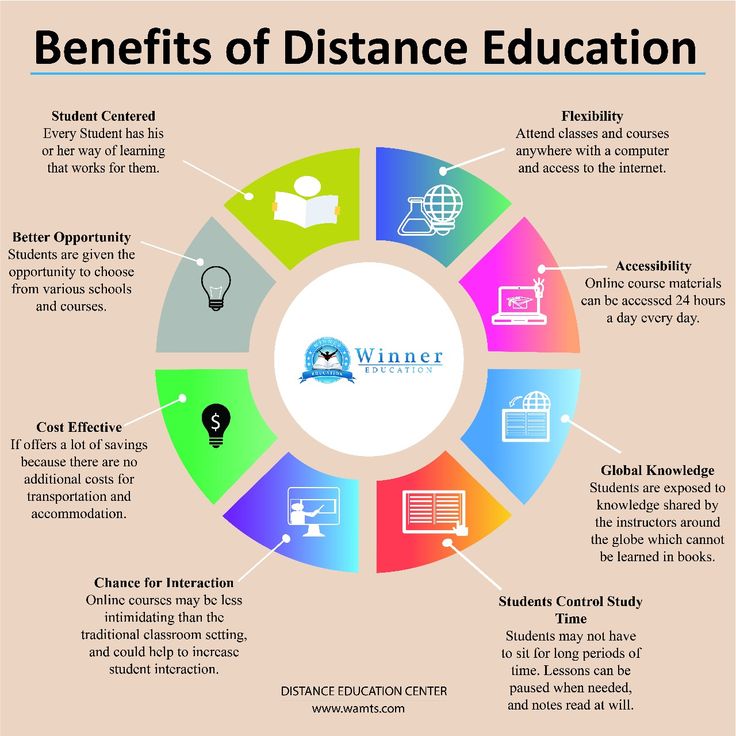 ”
”
Examine Test Scores and Alumni Success
Test scores are another important factor to consider when choosing a high school, although it should never be the only factor. When weighing a school’s test scores, look at how students with disabilities perform, as well as the rest of the student body. This may be an indication of how well the school addresses a diverse range of needs within its student body. Look at the trend of test scores in recent years also; have scores moved up or down? This may indicate whether schools in the area are actively pursuing improvement or declining in terms of academic rigor and quality.
Beyond test scores, look at how successful the high school's alumni are. Are they attending first-rate universities that you hope for your child? Are their students immersed in rewarding occupations, if your child is considering a vocational route?
Look at Academic Programs
In some cases, the choice of high school may boil down to the academic programs available at a particular school. Parents may be looking for Advanced Placement or International Baccalaureate programs that challenge academic achievers with a more rigorous curriculum. They may want dual enrollment that lets students earn college credits while still in high school. Some parents may be looking for strong programs in mathematics or the arts for their children.
Parents may be looking for Advanced Placement or International Baccalaureate programs that challenge academic achievers with a more rigorous curriculum. They may want dual enrollment that lets students earn college credits while still in high school. Some parents may be looking for strong programs in mathematics or the arts for their children.
This video from WMAR offers some tips on choosing the best school.
List Extracurricular Opportunities
Extracurricular activities run the gamut from sports teams to drama and technology clubs. Larger schools tend to have a wider selection of extracurricular options, but if the smaller private school offers the specific programs your child is looking for, that could end up as a better fit. Find out what programs the school offers, which programs get the most attention and funding, and whether participation in extracurricular activities is required at the high school you choose.
Consider Practical Factors
In addition to the various options offered to students, practical factors must come into play for parents as well.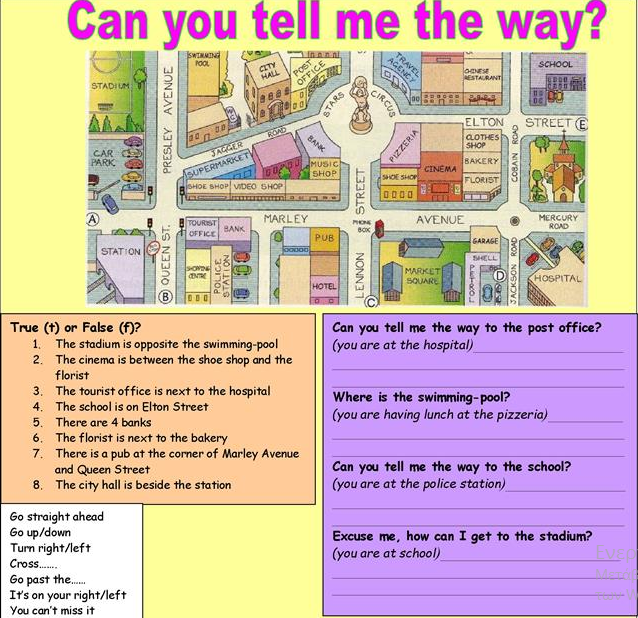 If parents are unable to drive students to and from school every day, finding a school nearby, or one that offers transportation, may be a must. If a private school option is on the table, parents must assess their budget to determine whether tuition costs are feasible.
If parents are unable to drive students to and from school every day, finding a school nearby, or one that offers transportation, may be a must. If a private school option is on the table, parents must assess their budget to determine whether tuition costs are feasible.
Observe School in Action
Once you have narrowed your choices to a handful of schools, plan visits to see the school environment in action. Time recommends that parents visit the school on a regular class day, where they can observe teachers interacting with students in the classroom and students interacting with one another between class periods. Look for engagement between teachers and students, positive, orderly behavior in the classroom and hallways and willingness from teachers and administrators to talk to parents.
Talk to Your Child
Finally, ask your child which school he prefers when decision time rolls along. Jodie Goldberg, director of GreatSchools Milwaukee, told GreatSchools that students are completely independent at the high school age and need to make their own choices regarding schooling.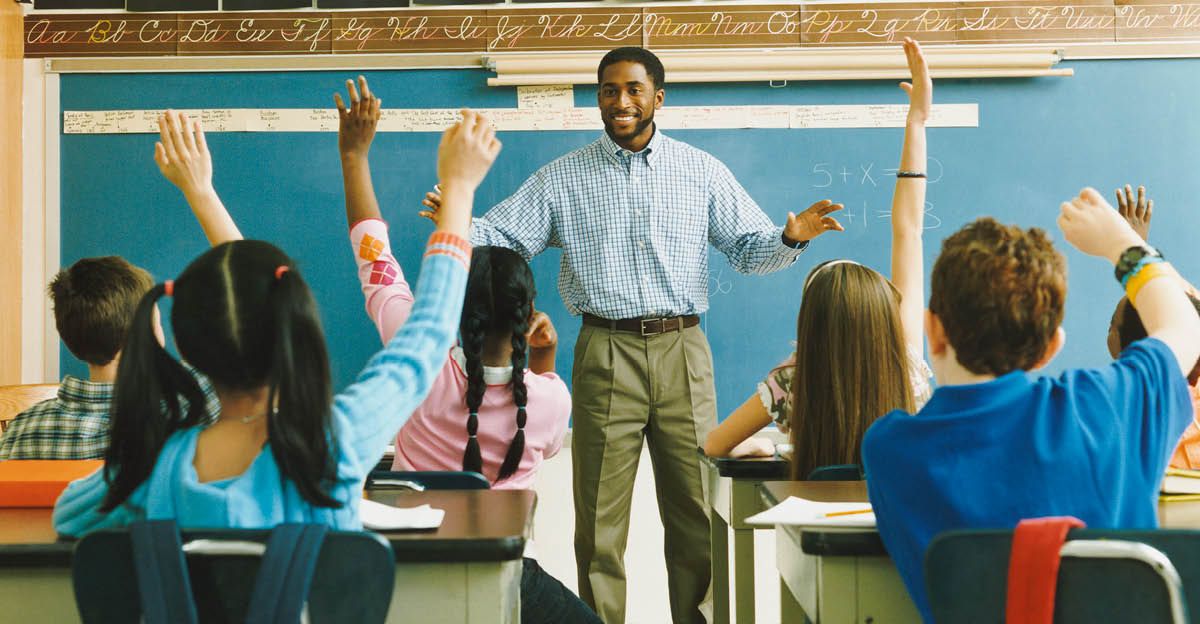 While parents have the final say, children need significant input at this stage.
While parents have the final say, children need significant input at this stage.
Finding the right high school is essential for ensuring your child starts out on the right foot with his academic or professional career. These tips will help you find the school that fits your child best and promises the best possible outcome.
Questions? Contact us on Facebook. @publicschoolreview
Please enable JavaScript to view the comments powered by Disqus.comments powered by Disqus
Step-by-step guide to choosing a high school
Choosing a high school? Two important things to know are that not all high schools are the same, and not every school will be a good fit for your child. By doing some research, visiting some schools, and possibly applying for high schools outside your assigned area, you can help ensure your child gets the best possible high school education.
First, make a list of schools.
This will probably include your neighborhood school and any other schools in your area, but don’t just limit your search to your immediate neighborhood.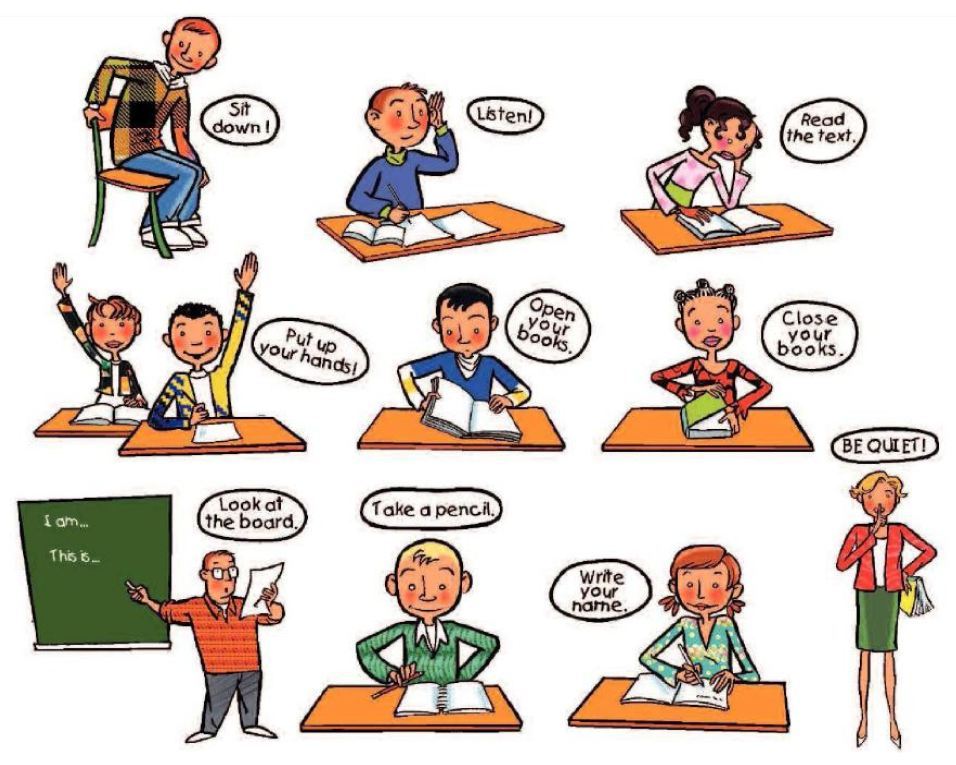 Where are the other kids in your child’s class going? Where do your neighbors’ kids go? Ask community leaders for their perspective on how they view the schools in your immediate and surrounding communities. Ask around for the names of schools people have been happy with, where kids graduate and go on to college or viable career-training programs.
Where are the other kids in your child’s class going? Where do your neighbors’ kids go? Ask community leaders for their perspective on how they view the schools in your immediate and surrounding communities. Ask around for the names of schools people have been happy with, where kids graduate and go on to college or viable career-training programs.
Next, check out the schools’ ratings on GreatSchools.org.
Once you have a preliminary list, learn more about each school. Each school has a profile page on GreatSchools.org, which you can read in English or Spanish (click the EN ESPAÑOL button in the upper right corner). At the top of each public school’s profile page, you’ll see a Summary Rating, which is a number from 1 (low) to 10 (high). This rating is a summary of several different measures of school quality. Hover over the rating and you can quickly see the different components that go into the rating. Scroll down to see in more detail specific subratings for important aspects of the school, like College Readiness, Test Scores, Advanced Courses, and Equity.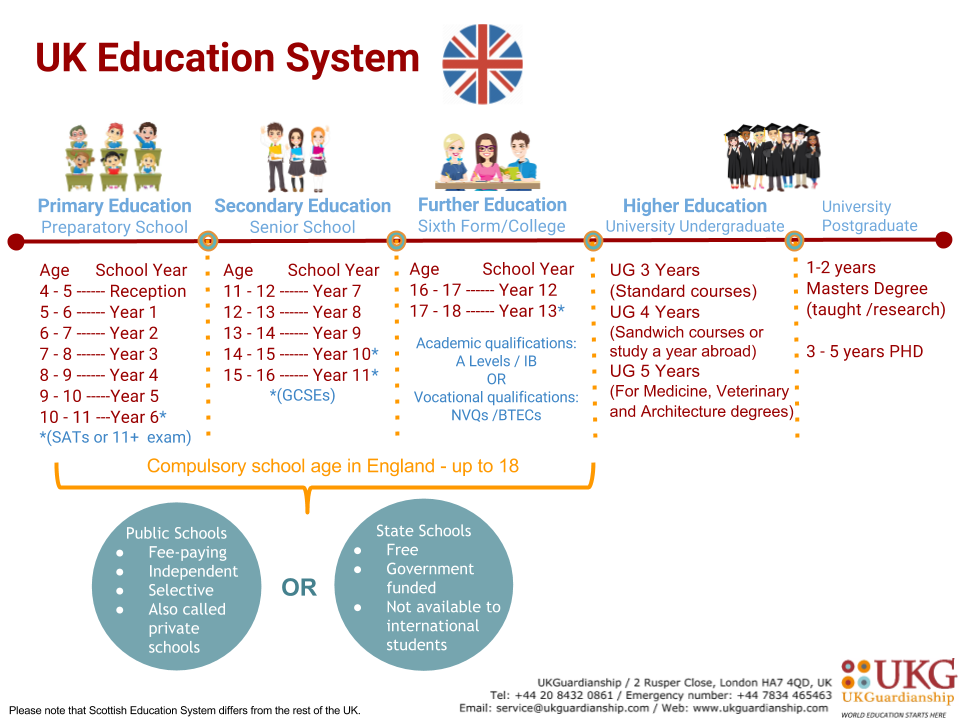
The College Readiness module will tell you how well the school prepares kids for college. You’ll see the graduation rate, how many kids graduate with the classes they need to be accepted into college, how many kids take advanced classes, and how well they do on college entrance exams, like the SAT and ACT. The Test Scores module will show you how well kids are performing on state standardized tests at this school compared to the state overall. The Advanced Courses module will show you how many kids take honors or AP classes. This is important because colleges look for challenging courses on student transcripts. Taking these courses can show kids are motivated and ready for the advanced work in college. In addition, many AP courses have exams at the end, and if students score high enough on these exams, they earn college credit.
The Equity module will show you how well the school is educating all kids. Scroll down to where it says Race/Ethnicity and you can see test scores, measures of college readiness, and even discipline and attendance broken down by race and ethnicity.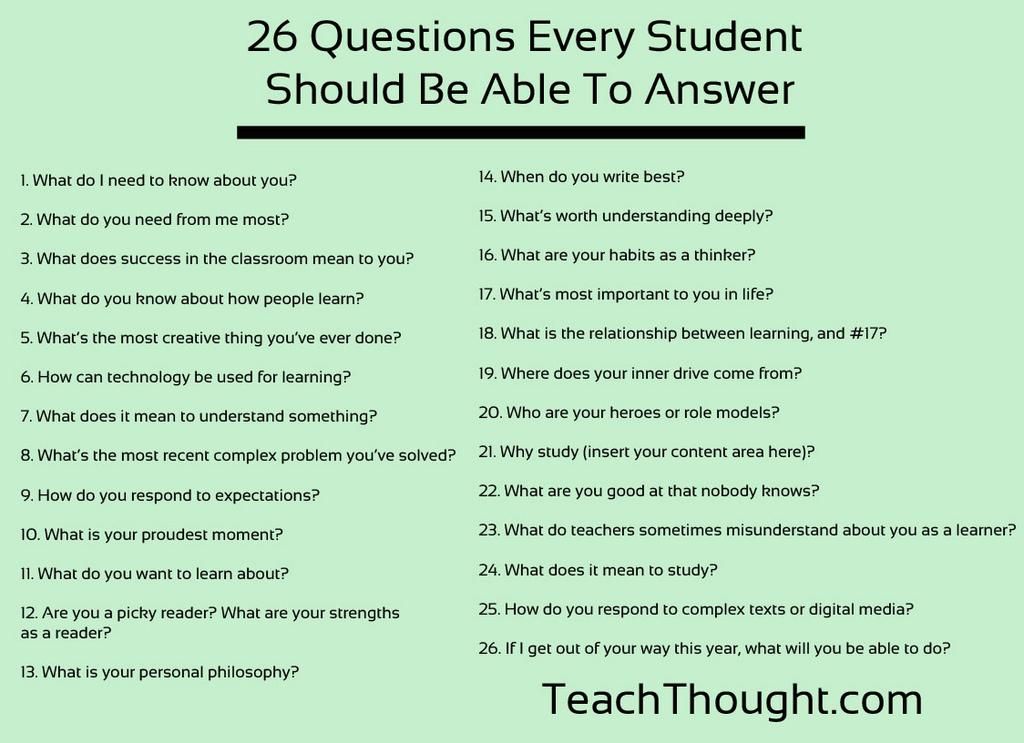 How well are students like yours doing at this school? Click the compare link and you’ll be able to see how this school compares to other high schools near you. If other schools are serving kids like yours better, consider adding them to your list of high schools. Then visit your local and neighboring school district’s website to find out how to apply for your child to go to a school outside your neighborhood or district.
How well are students like yours doing at this school? Click the compare link and you’ll be able to see how this school compares to other high schools near you. If other schools are serving kids like yours better, consider adding them to your list of high schools. Then visit your local and neighboring school district’s website to find out how to apply for your child to go to a school outside your neighborhood or district.
Then, take some tours
It’s critically important that you visit every school you’re considering. An in-person visit can tell you things the numbers can’t. You can ask questions about things that are important to you and your child. And you can learn a lot about the culture of the school and how kids are treated by seeing students and teachers during the school day. Tours typically take place in the fall, and you may need to sign up ahead of time. Check each school’s website for tour dates.
Once you’re there, be sure to ask questions. Many parents are shy to ask questions, but everyone on the tour will be glad you did. Here are some important questions to ask about any high school you’re considering:
Many parents are shy to ask questions, but everyone on the tour will be glad you did. Here are some important questions to ask about any high school you’re considering:
-
Do students at this school graduate and go to college?
Ask how many of the school’s high school freshman will graduate, what the yearly drop-out rate is, and how many graduates continue on to college. Most schools will provide a list of the colleges recent graduates are attending. This will tell you how serious the school is about sending their students to college. Ask about the graduates who aren’t going to college to find out what are they doing next.
-
Will you fully prepare my child for college?
Make sure your child will have a college-preparatory curriculum that meets state college and university requirements for core subjects, like math, science, history, and English. Many parents are unaware that some public and private schools do not offer the required P.E., arts, or community service time colleges require, so your child would need to obtain the missing credit(s) outside of school.

-
Do you offer AP and honors courses?
Advanced Placement (AP) classes offer college-level coursework to high school students. Students in AP classes take national exams at the end of the year to gain college credit in classes ranging from art history to calculus, Spanish to Japanese. AP and honors classes can help your child’s college application stand out from the rest, and they can even save tuition by getting some required coursework out of the way. Ask how students get into AP classes. The availability of AP courses is another indication of how serious the school is about preparing graduates for college.
-
Does the school meet my family’s basic needs?
Look at practical considerations, such as commute time and transportation to the school. Note the school’s start and end times, average and maximum class sizes, and the overall school size. Unlike when you were choosing an elementary or middle school, ask your teenager for his or her input.
 Does she feel comfortable with the school and its location? Your teen is more likely to succeed at a school he or she helped choose.
Does she feel comfortable with the school and its location? Your teen is more likely to succeed at a school he or she helped choose. -
What support will you offer my child?
Are teachers available for individual help before and after school, or during breaks? Find out if there is a peer tutoring system that provides students with academic help from other students. Ask what the school does when a student is struggling or failing a class. Advisory groups are a common way schools regularly check in with students to assure they are thriving academically, socially, and emotionally. Finally, find out if there are therapists or social workers available for emotional and social support.
-
Is there help with the college application process?
Another important area of support is during the college admission process. Most high schools offer some college counseling, but find out what that means at each school. Inquire whether the school offers instruction on filling out college applications and taking the SAT, in addition to directing kids towards suitable colleges.
 Ask how many college representatives visit the school every year.
Ask how many college representatives visit the school every year. -
How many hours of homework do students have each night?
High school students should have homework, but the quantity and quality can vary widely. Decide whether your child will thrive or at least manage the expected workload. If your child is an athlete, find out if it is possible to play on a sports team and still complete the expected homework. Ask if there is any after-school homework support.
-
What electives, sports, and service opportunities are available?
Be sure that the school offers your child’s favorite sport or activity, such as art, music, or drama. What are the requirements for playing on a team? Colleges and universities often ask applicants how much community service students have done in high school, so ask what service opportunities the school offers.
-
Will my child be safe here?
Find out what the school’s disciplinary policy is and how many suspensions and expulsions they have had over the past two years.
 Observe the halls during the school day to see how calm and safe they appear. Inquire whether the school has an open-campus policy, meaning students can leave the school grounds during school hours for lunch, and possibly at other times. Does the school have a written bullying policy and staff training for dealing with both on-campus and online bullying? Finally, don’t hesitate to ask if there is an alcohol or drug problem on campus. While this can be an uncomfortable question to ask, it’s vital to get a sense of how the school responds to this reality on high school campuses, and whether or not they are aware and proactive.
Observe the halls during the school day to see how calm and safe they appear. Inquire whether the school has an open-campus policy, meaning students can leave the school grounds during school hours for lunch, and possibly at other times. Does the school have a written bullying policy and staff training for dealing with both on-campus and online bullying? Finally, don’t hesitate to ask if there is an alcohol or drug problem on campus. While this can be an uncomfortable question to ask, it’s vital to get a sense of how the school responds to this reality on high school campuses, and whether or not they are aware and proactive.
Choosing a high school isn’t easy, but the more information you have, the more informed your decision will be. And by starting these conversations with the high schools you are interested in, you are setting the stage for supporting your child through this important part of their education.
How to choose a school for a child | Do you need career guidance? | Forbes Education
AUTHOR:
Editorial
Forbes Education
Today, more and more people are moving away from school and are opting for homeschooling. Together with Veronika Zonabend, Ekaterina Rybakova and Evgenia Tyurikova, we discussed why schools are needed today, how to choose the right school, who is suitable for homeschooling, what inclusion should be and whether selective selection of students is needed. nine0004
Together with Veronika Zonabend, Ekaterina Rybakova and Evgenia Tyurikova, we discussed why schools are needed today, how to choose the right school, who is suitable for homeschooling, what inclusion should be and whether selective selection of students is needed. nine0004
Watch the recording of the broadcast Forbes Education :
Conversation participants:
Veronika Zonabend is a social entrepreneur, founding partner and chairman of the board of directors of Dili College in Armenia, part of the United World Colleges network, co-founder and Noôjandome community mother of four children.
Ekaterina Rybakova – president, board member and co-founder of the Rybakov Foundation, whose mission is to support and protect families on their way to quality education. Ekaterina is also the founder of the “About Women” community and the mother of four children. nine0004
Evgenia Tyurikova – Head of Sber Private Banking.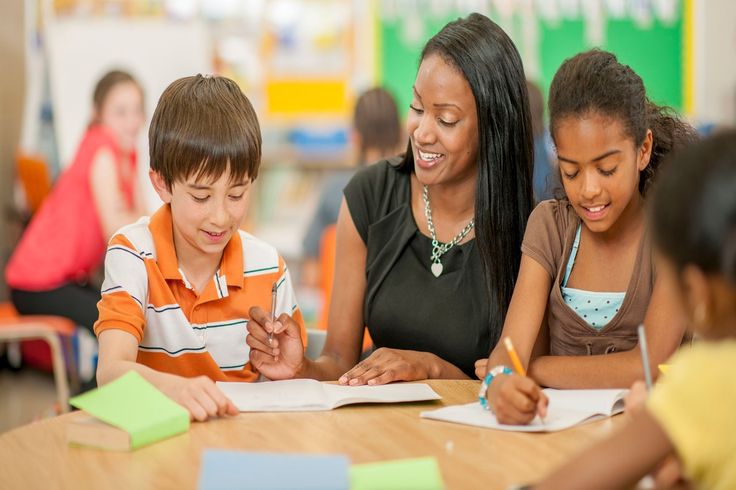 Together with her husband, Evgenia built a new school at her own expense in the village of Tsmur in Dagestan, and also created the Selo charity foundation to support educational programs for small communities. Evgenia is the mother of five children.
Together with her husband, Evgenia built a new school at her own expense in the village of Tsmur in Dagestan, and also created the Selo charity foundation to support educational programs for small communities. Evgenia is the mother of five children.
Why does a modern child need a school?
E.R.: School is needed not only for parents to have the opportunity to do their own thing, but also for children to form the experience of relationships with other adults and, of course, with peers - what is called socialization.
Our experience of family education: one of our children went home schooling, studied at home for a year, and before the fifth grade in the summer, he himself said that he wanted to go back to school.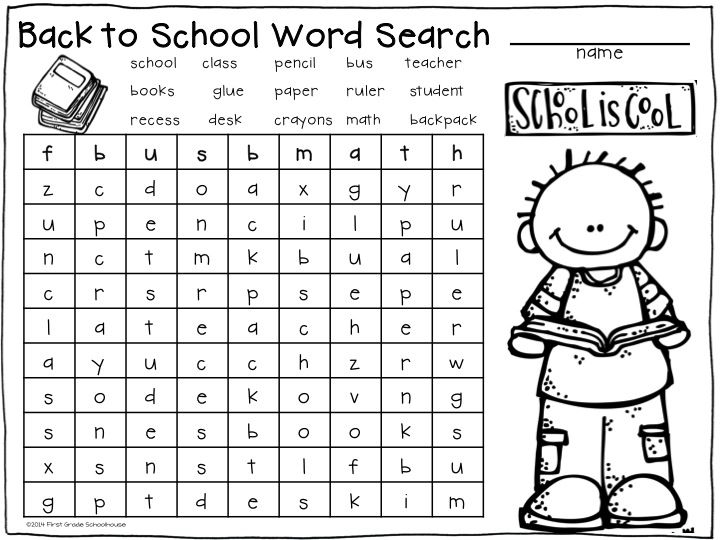 That is, his sense of life was formed by that moment in such a way that, by not going to school, he misses something. He wanted to go to school and went and goes. nine0004
That is, his sense of life was formed by that moment in such a way that, by not going to school, he misses something. He wanted to go to school and went and goes. nine0004
E.T.: Now the time has definitely come for the school to become an educational center, because it is more necessary to protect from information than to give and increase it.
What should a teacher do and what is his role? A teacher is the person who forms neural connections in the child’s brain, connecting the entire information flow and the knowledge that he collects from the outside into a single ball, asking the right questions to the child, stimulating him to look for answers, he teaches him to learn, teaches him to be a thinker, independent , among other things, teaches to communicate, gain new knowledge and look for the very formulas in order to answer the question, analyze a huge amount of information and draw conclusions. nine0004
Where could this teacher be? Maybe at school.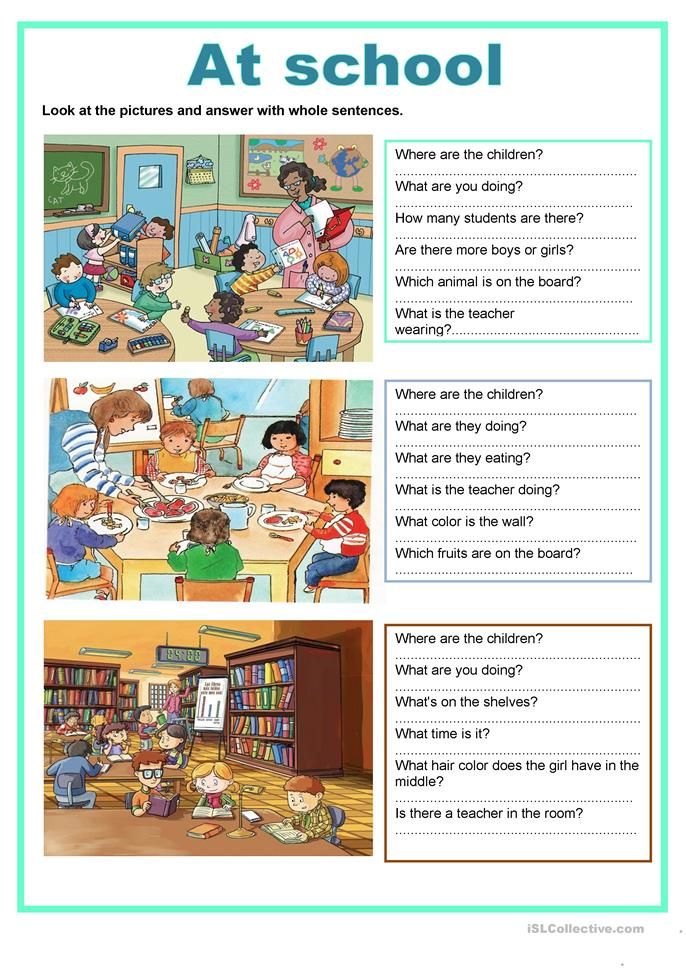 School is also a communication center: children must communicate with each other, they cannot live separately from society. And this communication skill is also developed at school.
School is also a communication center: children must communicate with each other, they cannot live separately from society. And this communication skill is also developed at school.
As for homeschooling: my child moved from a Russian school to an international English school and studied at home for a year, being homeschooled. We closed the gaps between Russian and international education, tightened up the language, but this feeling of alienation, lack of socialization, lack of unified teamwork, of course, crushed. nine0004
VZ: I really like the African proverb: "It takes a whole village to raise a child." In principle, if we talk about such a metaphor, then the school is part of an ecosystem that allows the child to prepare for life and acquire the necessary skills in a safe environment where he has the right to make mistakes and where you can meet those people who act and live with interests in mind. child, where this small or young person is the center of interest.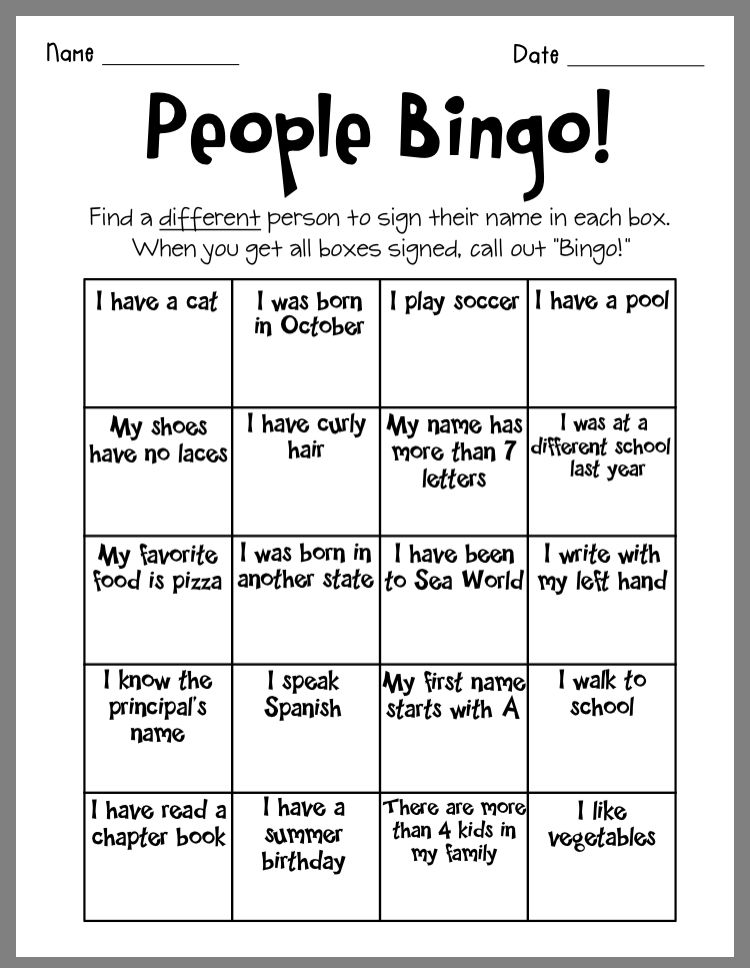
And one more thing - how ready are parents to replace those functions and those tasks that are at school. We also had the experience of homeschooling, and I can also say that the children also wanted to leave the house. But I think the reason was that neither Ruben nor I were ready to completely change our way of life and replace the constant work that people at school professionally do for most of the day. nine0003
What should the school be like?
E.T.: The school should stop teaching subjects and should study phenomena or phenomena. If the school is reorganized from subject education to phenomena, I am sure that parents will not even have a question whether home education is necessary.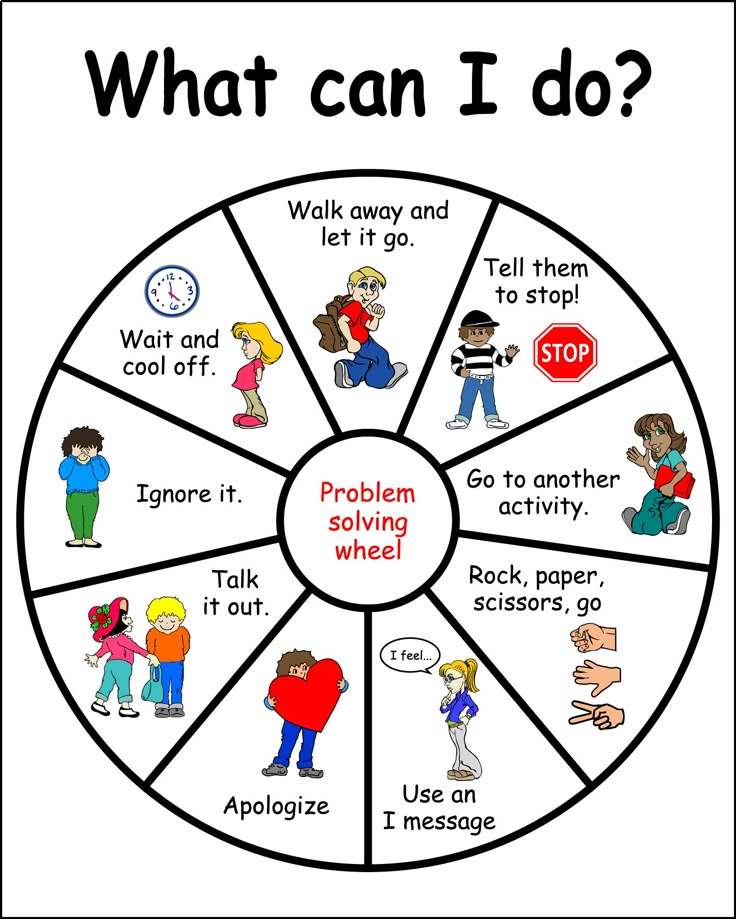 We need someone who will combine information flows and make education for the child out of them. nine0003
We need someone who will combine information flows and make education for the child out of them. nine0003
How do parents choose a school?
E.T.: Probably choose the one where you see the future path of the child. That is, if it is an international school, then these are international universities, international institutions. If this is a Russian school, then you need to understand that it will be difficult to enter some international universities, and focus on Russian education. nine0004
But if you answer the question of where to start, then you need to start with corridor tests: go and ask children in the corridors what they do, what skills they get here, whether they like and what they like, what drives them, what pushes them to go to school, whether they like it or not.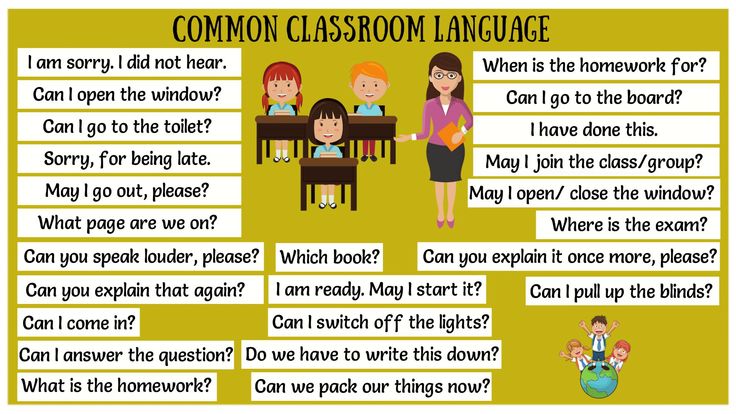 Talking to children of all generations: first grade, fourth, fifth, graduation - it doesn’t matter at all. Don't forget to go to the toilets because culture starts there.
Talking to children of all generations: first grade, fourth, fifth, graduation - it doesn’t matter at all. Don't forget to go to the toilets because culture starts there.
E.R.: In order to understand whether a school is good or bad, one must come to this school. In my opinion, the quality of relationships (between parents and teachers, between teachers and children, between adults and children) is a key factor. It’s not like children later, after school, take exams, because it still largely depends on the child himself, because, as we know, you can’t teach, you can learn. The atmosphere and relationships that are built between people at school can either contribute to learning, or, conversely, demotivate the child and suppress him. When we chose a school for our children, we paid attention to how people build relationships. nine0004
VZ: Of course, first of all, you have to come and look at the school. Come and smell: it is at the level of smell, when you come and perceive with all your senses what is suitable, not suitable, and you feel what is not pronounced, you feel, falsehood - not falsehood.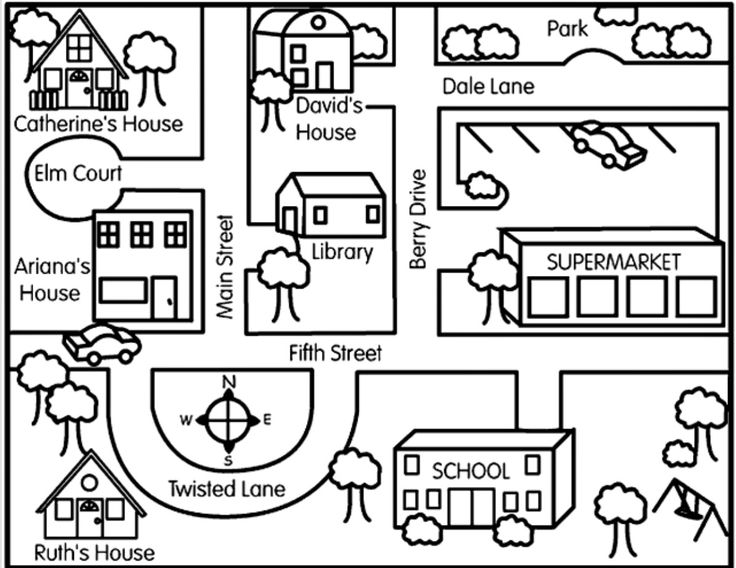 And yes, of course, the children in the corridors, and the toilets - everything needs to be studied.
And yes, of course, the children in the corridors, and the toilets - everything needs to be studied.
There is another aspect that I have always taken into account with my children and always recommend to parents who choose our school or any other: the school should suit the child. All children are different. It is a question of where they will have friends, what interests they have, how they will develop. Therefore, I always attended school with my children, so that the child himself looked and introduced himself in this society. It is interesting that children sometimes notice things that you do not notice, because everyone is looking from their own position. nine0004
And, of course, the culture of relationships is the most important thing. It should be stimulating. Unfortunately, such a situation often occurs now (especially in private schools in Russia, in Moscow), when the child likes the environment, but it does not stimulate development, when children are trying to create maximum comfortable conditions, but not very much is required of them.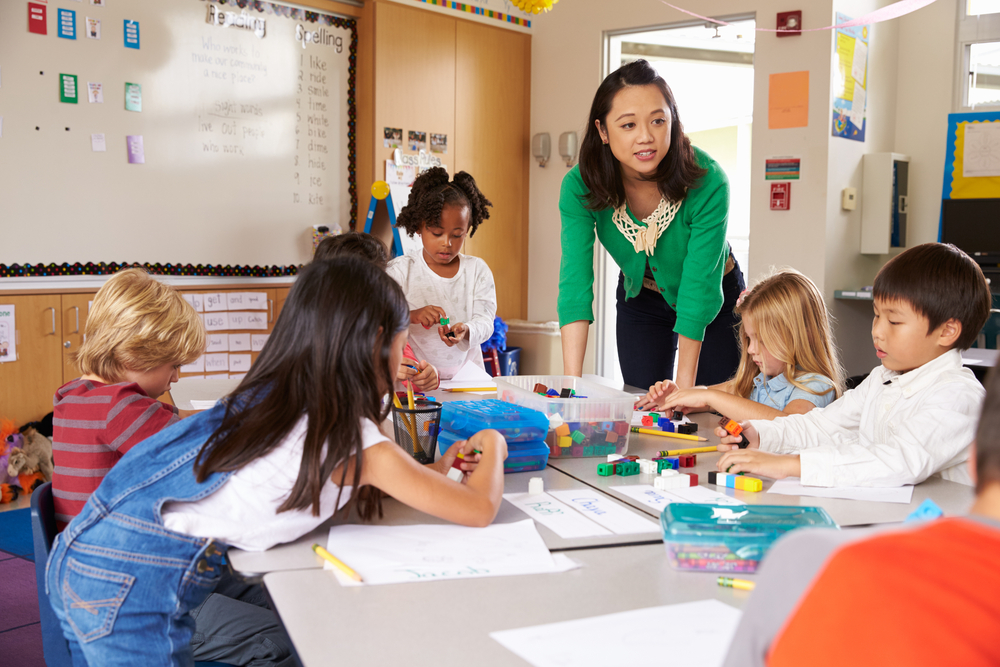 Development is always a kind of overcoming, whether we like it or not, and there must be a habit of overcoming oneself in order to enjoy it in the future. This is a combination of an environment that, on the one hand, stimulates development, and, on the other hand, is comfortable - a very delicate balance, and here everyone has his own. nine0003
Development is always a kind of overcoming, whether we like it or not, and there must be a habit of overcoming oneself in order to enjoy it in the future. This is a combination of an environment that, on the one hand, stimulates development, and, on the other hand, is comfortable - a very delicate balance, and here everyone has his own. nine0003
International or Russian, public or private?
VZ: What really matters is the concept and idea of the school. It is very important to have a choice. It can be the Waldorf school, which is supposed to be very soft and very free, and someone likes a more rigid system, where there is more discipline and a lot of attention to academic results.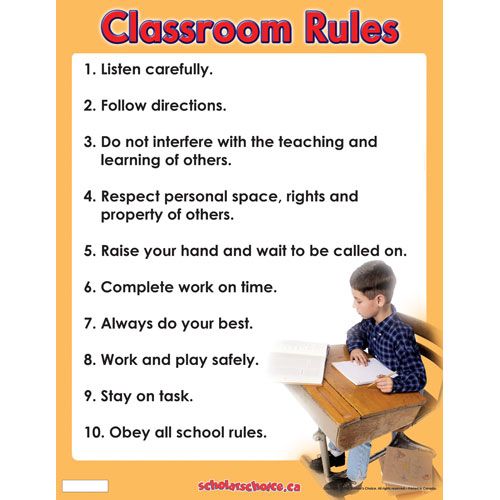 In international schools, you have to be able to find a common language with very different people, and for introverts this can be an overwhelming burden. Boarding schools, boarding schools are also a kind of test: to leave home, for example, at the age of thirteen or sixteen and live in a room with other children, and not be the center of attention of the whole family, but be one of many. nine0004
In international schools, you have to be able to find a common language with very different people, and for introverts this can be an overwhelming burden. Boarding schools, boarding schools are also a kind of test: to leave home, for example, at the age of thirteen or sixteen and live in a room with other children, and not be the center of attention of the whole family, but be one of many. nine0004
Choosing a school is a very individual decision. There are no good and bad ones, there are just schools that have their own concept and identity, and an understanding of what they focus on, and those that do not.
E.R.: It is important to know your child and find the right program for him. One of my children, having gone to a boarding school at less than fourteen years old, is absolutely satisfied with life and developed, and finished school perfectly, entered the university and everything is amazing with him. And about my other child, I definitely understand that even at fourteen she cannot live in a boarding school, she needs a house, she needs hugs, because she is an introvert.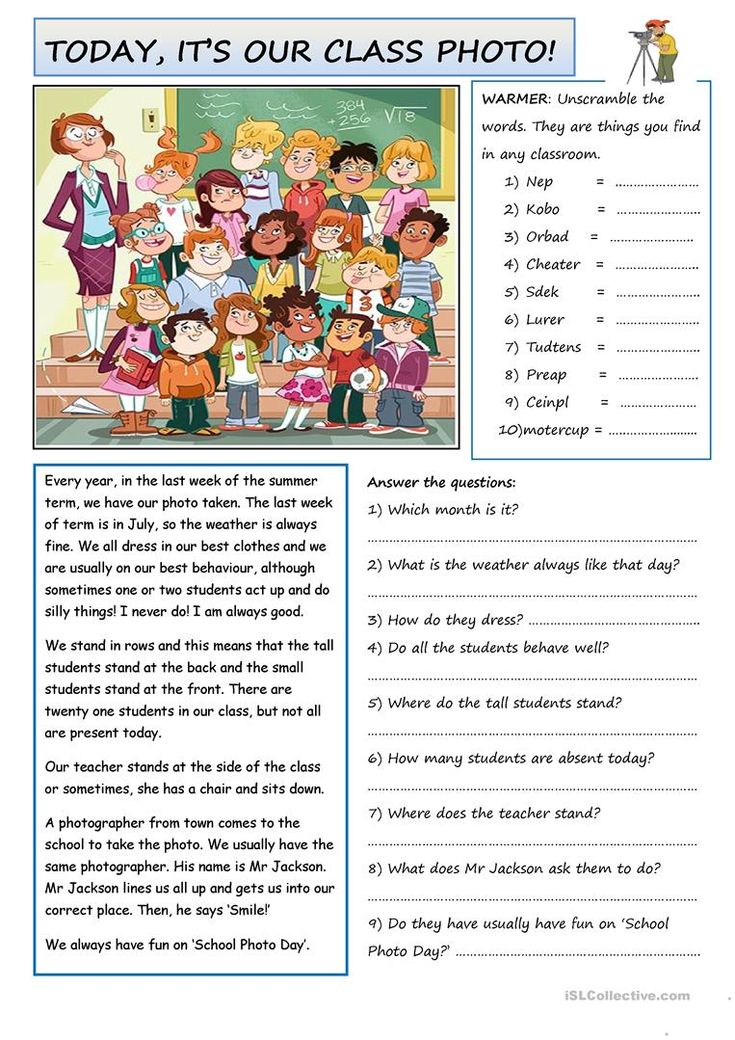 Individuality is no less important than the education system itself. nine0004
Individuality is no less important than the education system itself. nine0004
International schools now probably have more verified programs, more stable than Russian ones, because Russian schools have not left the old system yet, have not created this combination of old and new (in my opinion, it would be very logical and correct) and there is no this final model. Therefore, for the time being, we have settled on the international model without experiments. The Russian education system is looking, but do I want it to look for my children - the answer is no.
It is important to select a school for the child. To understand that it is important for him, what kind of friends he can make, and whether it is a private school or a public one, it does not matter. nine0003
Is it necessary to select children in schools?
E.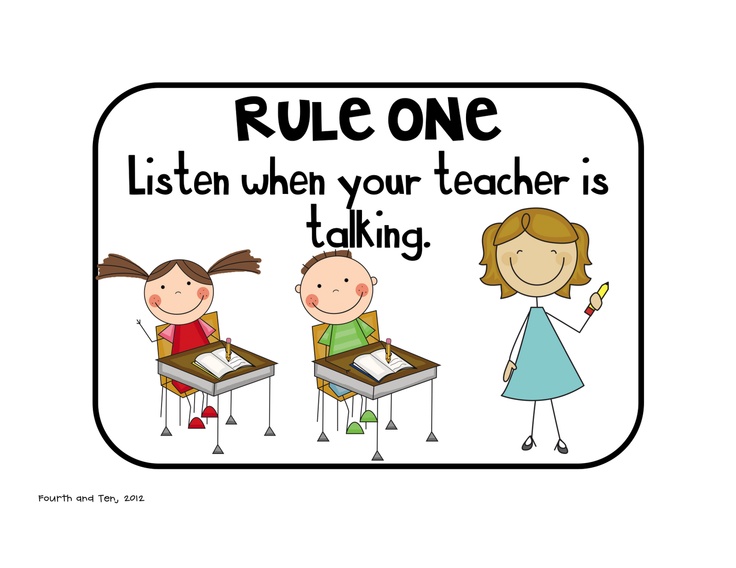 R.: , and I would like children to have the experience of communicating with different groups of people. In private good schools, after all, children are selected according to certain criteria. It was important for our family that they could communicate with different people, not just selected people. nine0004
R.: , and I would like children to have the experience of communicating with different groups of people. In private good schools, after all, children are selected according to certain criteria. It was important for our family that they could communicate with different people, not just selected people. nine0004
But at the same time, I think that the school where the selection of children is carried out is a factor that allows the school environment to be made comfortable, where development and education take place effectively. But, speaking about the school of the future, I really want each school to have a selection according to different criteria, so that parents have a choice and they can find the school that suits their child.
VZ: I think that there is no need for selection in elementary school, because the opportunities at this age are equal for everyone and they are still open, and the potential for development is very high. And as you grow older, when selection occurs, there are already natural restrictions on how much knowledge is acquired, who has learned what already in the process of his life, it requires these restrictions.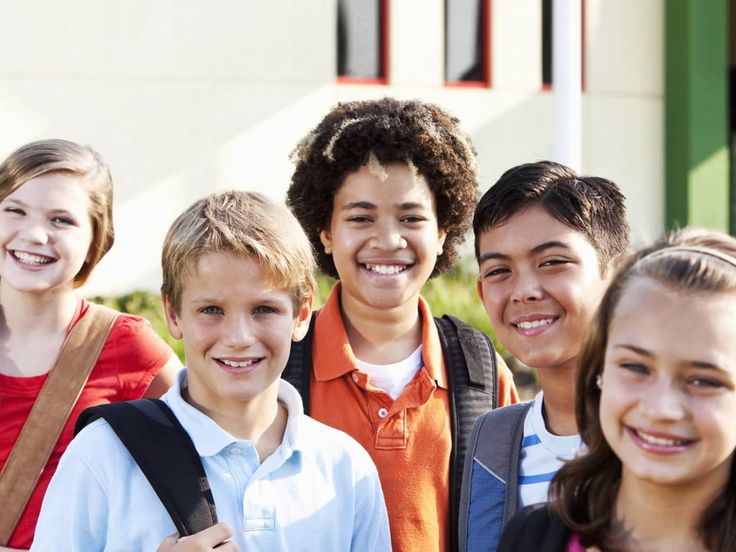 nine0004
nine0004
I am a supporter of selection, but it is necessary to select on the basis of mutual conformity - there must be an understanding of what the school can give, that this model suits the child and he can develop in it in the best possible way, and vice versa. Popular school does not mean the best for your child, and specifically taken. Children are completely different. Even having the same parents, they are completely different. And here this selection and selectivity are very important.
In real life, we are now faced with a situation of a shortage of quality education, that is, a quality environment created that seems attractive to parents and children. There are fewer places than there are applicants, and this explains the crazy competitions in elementary schools. The selection should be, but should not be so painful. If a hundred people are in place and if the child is not accepted, and he has done so much work, for him it becomes such a blow to his pride, this situation in itself is not very healthy. nine0003
nine0003
Should there be social strata?
V.Z: learning, living together, making friends from other social environments that you never meet in your ordinary life are very valuable in themselves. nine0004
And what the school should decide in principle is the creation of connections and the destruction of social tunnels, the expansion of one's horizons. The expansion of horizons occurs, including when you have the opportunity to communicate with people who live in completely different circumstances and with completely different opportunities.
E.T.: I am also against the division of schools into social strata, because children must understand that not everything in the world is the same and they can enrich each other both culturally and from the point of view of everyday life, and understand that indeed there are different layers and the world is multifaceted. But if you dream, then, in my opinion, there should not be selective schools - there can be classes. When a child is five or six years old, it is difficult to understand his motivation, his abilities, his interests and how they will develop. And if all children study together, looking and considering phenomena and phenomena and not studying subjects, then deeper and deeper the child can dig into either mathematics, or physics, or astronomy, and thus turn into some kind of separate classes. , and then there will be a selection. nine0004
E.R.: I am, of course, for inclusive education. Inclusion is not only about restrictions on health, it is about the inclusion of different categories of people: these are migrants, these are children from single-parent families, in difficult life situations, including those for health reasons.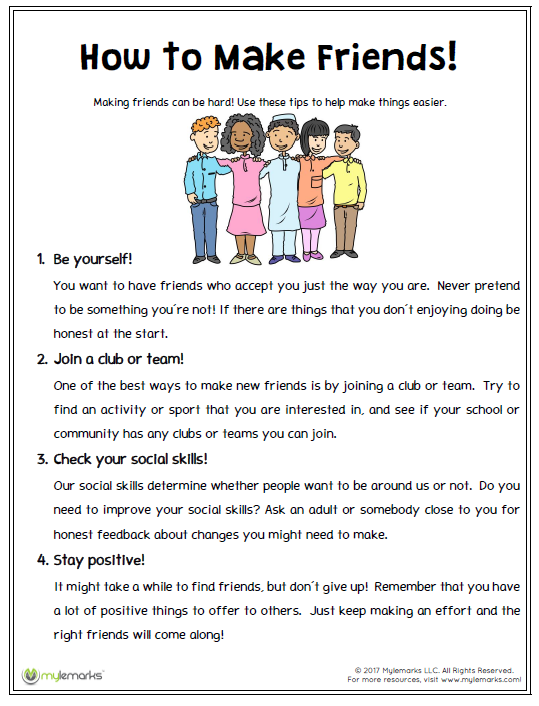 And if inclusion is implemented professionally and competently, with high quality, then there is nothing bad besides positive aspects. Parents are afraid that in an inclusive environment the child will develop more slowly than he could. No, in a well-built inclusion, each child develops at the pace that suits him, and, on the one hand, he is not pushed too hard, they do not require more from him than he can today, and on the other hand, they are motivated. And at the same time, it acquires a picture of the world that is more in line with reality, our world is just as inclusive: this is not our choice anymore - the world is a priori inclusive, and, accordingly, it would be great if the school as a model of the world was also inclusive. But to organize such high-quality inclusion is a very painstaking work and an expensive process. nine0003
And if inclusion is implemented professionally and competently, with high quality, then there is nothing bad besides positive aspects. Parents are afraid that in an inclusive environment the child will develop more slowly than he could. No, in a well-built inclusion, each child develops at the pace that suits him, and, on the one hand, he is not pushed too hard, they do not require more from him than he can today, and on the other hand, they are motivated. And at the same time, it acquires a picture of the world that is more in line with reality, our world is just as inclusive: this is not our choice anymore - the world is a priori inclusive, and, accordingly, it would be great if the school as a model of the world was also inclusive. But to organize such high-quality inclusion is a very painstaking work and an expensive process. nine0003
E. T.: I didn’t learn anything new about my career guidance tests. Either I know my children well, or the tests are like that. But if there is a good career guidance, it is very, very useful. In my opinion, if we talk about advice to parents, then we need to try and look with the child for what is close to him, what he likes, and talk with him about how he sees his life when he is an adult. We discuss with the children how they see their day: it is important what time the child goes to bed, what time he gets up, how he sees his working day, how many people are around - is it open space or is he alone, how does he work - in a team, in a small team, in great how it is interconnected. It was in this way, discussing the image of the day of our eldest daughter for several months, that we came to animation, which was completely unobvious, because, on the one hand, she drew, on the other hand, she was fond of mathematics and physics. nine0004
T.: I didn’t learn anything new about my career guidance tests. Either I know my children well, or the tests are like that. But if there is a good career guidance, it is very, very useful. In my opinion, if we talk about advice to parents, then we need to try and look with the child for what is close to him, what he likes, and talk with him about how he sees his life when he is an adult. We discuss with the children how they see their day: it is important what time the child goes to bed, what time he gets up, how he sees his working day, how many people are around - is it open space or is he alone, how does he work - in a team, in a small team, in great how it is interconnected. It was in this way, discussing the image of the day of our eldest daughter for several months, that we came to animation, which was completely unobvious, because, on the one hand, she drew, on the other hand, she was fond of mathematics and physics. nine0004
My advice is to experiment, experiment and listen to the child, and listen to what he does and what he says.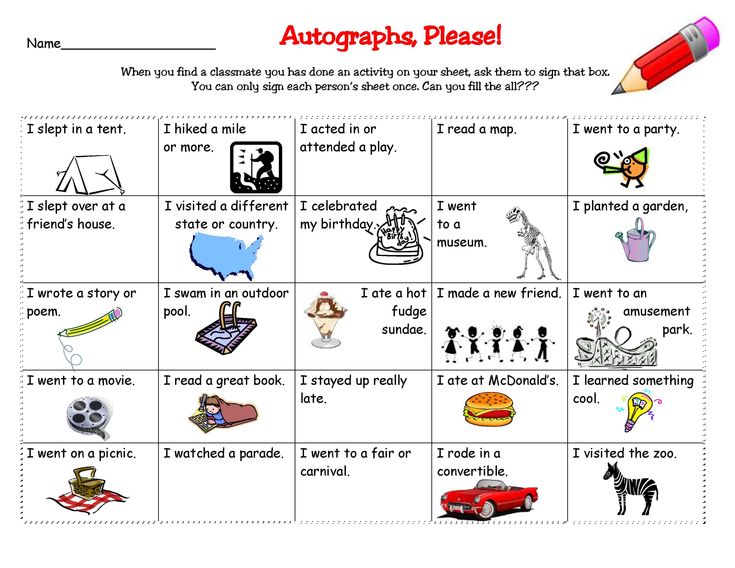
E.R.: It is very often difficult for us parents to give up our ideas about what is good for our child. The other day I talked with one mother, she says: “I really want my child to choose his own direction, because he has obvious talents and a predisposition to study history, and he follows the lead of his friends and wants to enter a mathematical school.” I heard a dissonance in this phrase. That is, the mother has already heard that the child must choose for himself, but she is not ready to accept his choice. nine0004
In any educational process there is an element of overcoming, and if this choice is his, the child, then he is ready to make this overcoming. If the choice is imposed on him, he is not ready, he does not have an understanding of why he needs it. So career guidance is important and it is important to do it correctly so that the child has a set of ideas, from which he will then choose something.
VZ: Career guidance involves choosing a profession.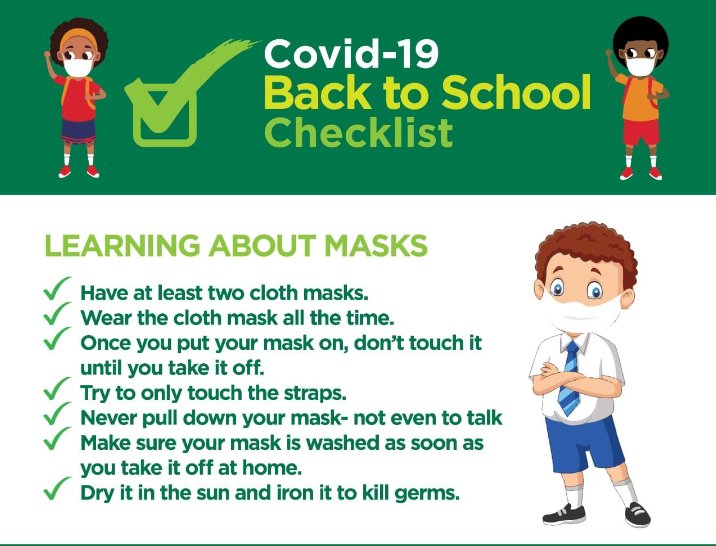 And when choosing a profession, we choose from what exists today, and children will live in a world where 80% of professions simply do not exist now, and the same 80% that exist now, but will soon disappear. Therefore, it is better to talk about choosing a further path and what you want to do in life in general and how you want to realize yourself. It is very important. In addition, all forecasts indicate that in the future people will often change their occupation, it will not be such that they will work in the same area all their lives. And it is important to give the opportunity to try and apply what you are doing to today's reality, realizing that it will change. nine0004
And when choosing a profession, we choose from what exists today, and children will live in a world where 80% of professions simply do not exist now, and the same 80% that exist now, but will soon disappear. Therefore, it is better to talk about choosing a further path and what you want to do in life in general and how you want to realize yourself. It is very important. In addition, all forecasts indicate that in the future people will often change their occupation, it will not be such that they will work in the same area all their lives. And it is important to give the opportunity to try and apply what you are doing to today's reality, realizing that it will change. nine0004
Now, until the age of eighteen, children in our school do not touch anything, and then institute, university, where they go, often without understanding why. Therefore, of course, it is important to dive into reality, the opportunity to practice and apply the acquired knowledge and skills in order to understand what it is and form some kind of choice.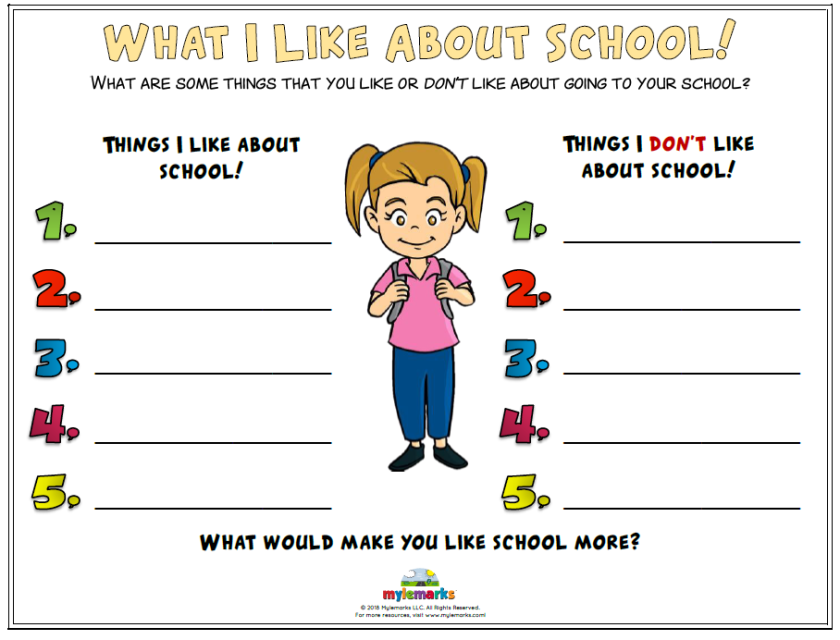 I would not call vocational guidance this modeling of myself in the real world.
I would not call vocational guidance this modeling of myself in the real world.
Overcoming is one of the skills that is very important to teach. To achieve something, you need to go through the process of overcoming: if you have chosen and made your own conscious choice, then you need to go further to the end and force yourself inside. nine0004
E.R.: Never sacrifice contact with a child, never lose contact with a child. These relationships of trust have been built, if they exist, then together we can make the wrong decision, we know about it together, and then together we will figure out how to eliminate or correct the consequences.
It is important for children to make all their mistakes. We've made all our mistakes in our lives, now it's their turn.
There is some kind of our established idea that the results of our child, some successes or failures, are our successes or failures. But we must somehow separate them from ourselves and recognize that all their merits are their merits, just as all their mistakes are their mistakes. nine0004
nine0004
V.Z.: Listen, hear the child, talk and understand that we make this decision not for ourselves as parents, but help the child make a decision for him and be ready to be flexible, try, not be afraid of mistakes, but bring started to the end. And help them make their choice, because now we are helping them with this, and then they will have to bear responsibility for the choice themselves.
We must trust our children and children trust us. We may be wrong, but we really want to understand them. It seems to me that this is the most important thing, with this it is necessary to start a dialogue with the child and real inner trust. nine0003
June 24 / 2021
RELATED CONTENT
rules for parents of younger students and teenagers
Hello! In the article we will talk about a difficult choice - about which school to send the child to study. We will analyze the rules for parents of students from the first, middle and senior classes, and also find out what to look for when choosing a school program.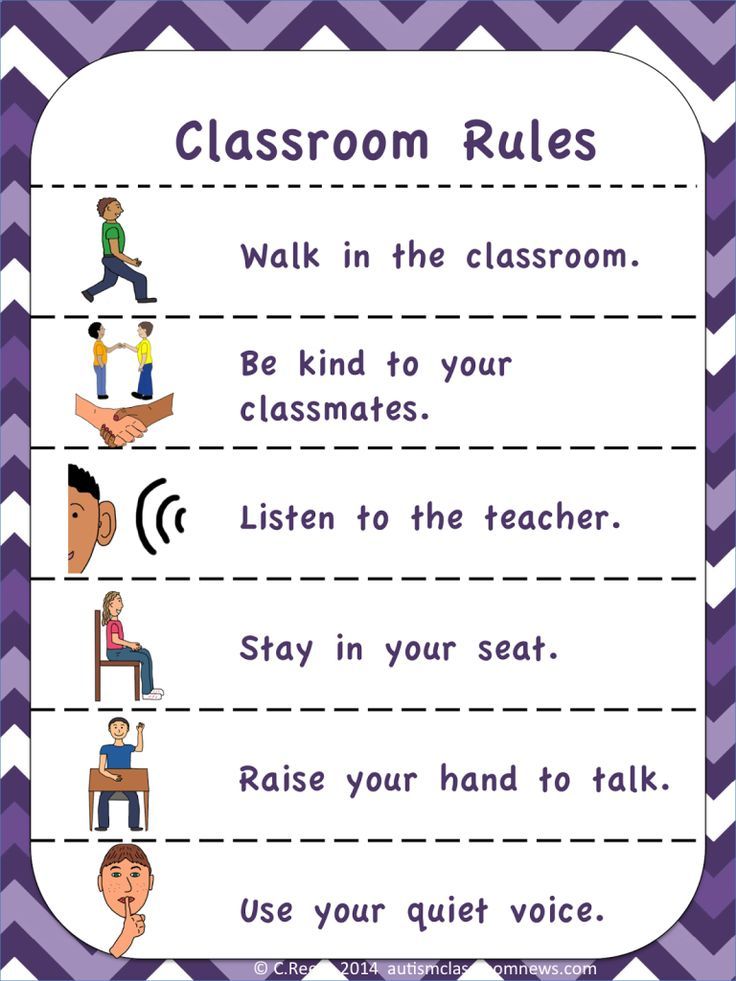
Every parent wants their child to go to the best school. Most regions provide the opportunity to choose a school: as a rule, from several educational institutions located near the place of residence. nine0004
Parents also have the right to send their son or daughter to a private school, in which case you can choose any educational institution - regardless of registration.
To choose the best school, you need to study information about potential educational institutions in as much detail as possible - from the name of the school to the teachers working there. Below we will give recommendations - what to look for when choosing an educational institution.
First of all, you need to understand whether the child has enough knowledge and skills for the first grade. The final decision is yours alone. By the age of six, most children have a cognitive motivation, which means that they are ready to learn new knowledge. nine0004
Notice how the child reacts to noise and distractions, how he relates to competition and routine tasks.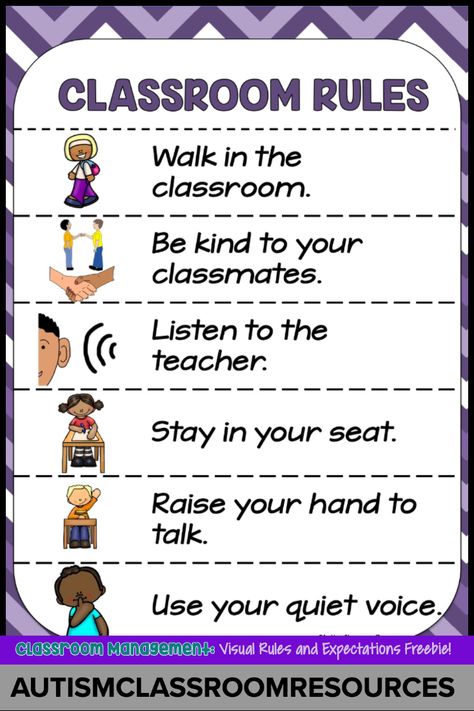 Ask the baby to dress himself before the walk: it is important that the first grader knows how to do this.
Ask the baby to dress himself before the walk: it is important that the first grader knows how to do this.
TOP 5 tips on how to choose a primary school:
- Choose a school with a convenient location: the child should not spend an hour on the road, otherwise he will not have time to rest and do homework.
- Talk to the manager. It is important that the specialist shares your values. nine0406
- Evaluate your child's strengths rationally. Not every kid will be able to study at a lyceum with exhausting intellectual loads.
- Assess the level of intellectual development and emotional maturity of a preschooler (it is better to do this together with a psychologist).
- Find out in advance about the schools, check whether it is possible to send the child to the preparation courses in the selected school.
Selection of courses Distance school education from grades 1 to 11 in 2023 nine0004
See selection
4 tips to help you choose a high school for your teenager:
- When choosing a class or school, ask your child's opinion.
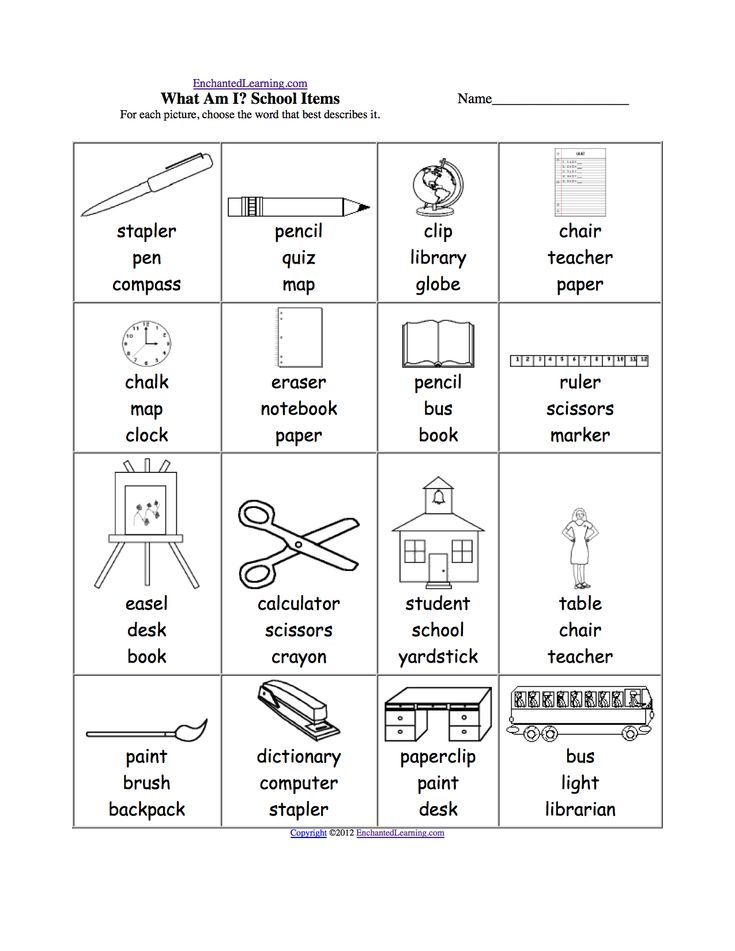 In the 5th grade, a teenager is already able to have his own opinion. If he firmly says that he does not want to study in a certain class, it is better to consider another option.
In the 5th grade, a teenager is already able to have his own opinion. If he firmly says that he does not want to study in a certain class, it is better to consider another option. - Meet future teachers and staff. It is best to come to the meeting with your child so that he has an idea of \u200b\u200bwhat he can expect from studying at this school. nine0406
- Familiarize yourself with the material and technical base. Additional opportunities for the development of the child are always good. Check if the school has a swimming pool, additional sections for studying a foreign language, electives.
- Information about graduates. Take an interest in how graduates finish their school life, where they go, what subjects they are preparing for exams, how their future life turned out. All these are criteria that show the reputation of the school.
Choosing a school for high school is not an easy task, because in grades 10-11, children must prepare hard for entering a university. The main advice is that the teenager himself should choose the high school. Parents can give unobtrusive advice.
The main advice is that the teenager himself should choose the high school. Parents can give unobtrusive advice.
Don't be too pushy with your profile definition. Often schools have humanitarian and physics and mathematics classes. Let the child know that he can try both options. Many parents do not like such uncertainty, as a result, a teenager enters a specialized class and studies under duress. It is important to give the child a free choice with the opportunity to change his mind. nine0004
In high school, the child is intensively preparing for exams, and at this stage, not only regular courses are important, but also psychological support. If your teenager is unable to cope with the intense rhythm of study, consult a psychologist.
The school should have everything necessary for the development of the child intellectually and physically. Parents are faced with the choice of which school to send their child to - a city school or a private one?
The system of education in municipal schools has evolved over the years.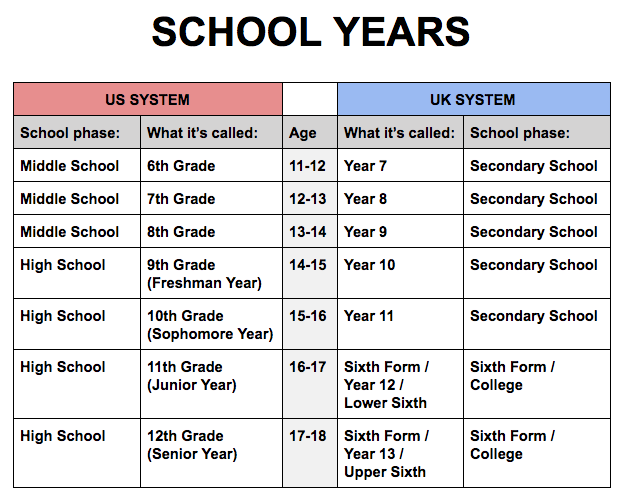 This is an assessment of academic performance by points, a stable curriculum and standard lesson duration. This option is suitable for the average child. A large number of students leaves no room for an individual approach. The development of creative abilities is also not given enough attention. nine0004
This is an assessment of academic performance by points, a stable curriculum and standard lesson duration. This option is suitable for the average child. A large number of students leaves no room for an individual approach. The development of creative abilities is also not given enough attention. nine0004
Class size in a private school - on average, no more than 15 students, so the teacher will pay enough attention to each child, whether he is talented or weak. Already from the first class there is an in-depth study of certain subjects. In most schools, the child can be all day, which is convenient for busy parents. When choosing a private school, you need to make sure that it has a license for educational activities. The disadvantage of such education is that it is paid and not every family can afford it. nine0004
Online learning programs where the child learns subjects at home are becoming more and more popular. Here are the cases in which it is recommended to choose a class for online education (or so-called family education):
- You want your child to have more time for circles and sections.

- The student does not get along with peers in groups.
- The child has certain health problems.
- Conflicts with teachers. nine0406
- Lack of an individual approach in the classical school.
- You often move or live in warm countries most of the year.
You can choose a school for family education on our website - by cost, class format, educational program and other conditions.
At the moment there are several programs:
- "School of Russia". The classic program for children who have not attended kindergarten and have increased fatigue. This is an easy option for ill-prepared children. nine0406
- "Perspective" . You can choose a class with this program to develop patriotism and national values in your child. The program is also suitable for the development of logical thinking.
- "School 2100" . To master this program, the child must be able to read well, the emphasis is on the study of mathematics.
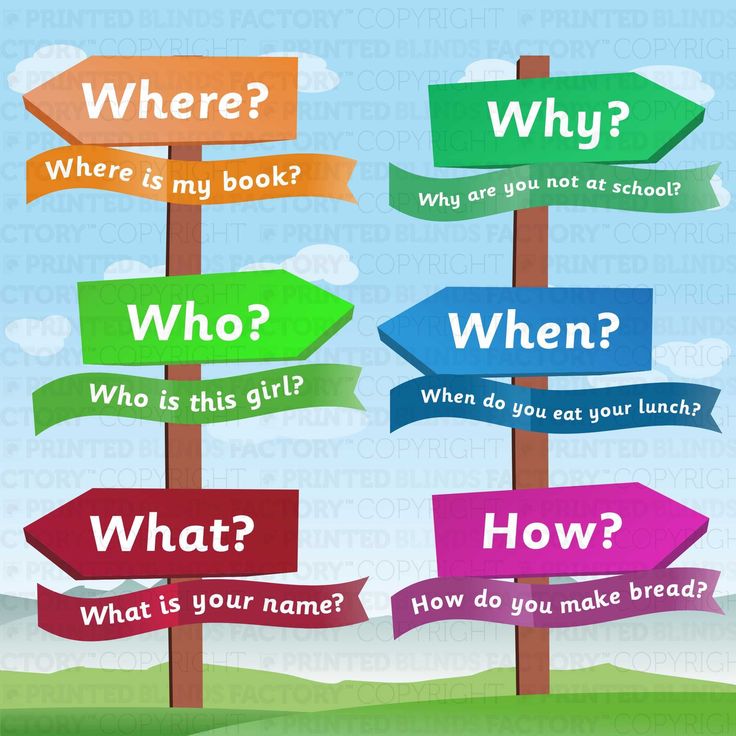
- "Harmony" . The program is suitable for the development of creative thinking, even mathematical problems children learn to solve in a non-standard way. nine0406
The choice of subjects and program should be based on the level of development and preferences of the child, as well as the availability of basic skills. If you wish, you can send the baby to a specialized class with an in-depth study of a particular subject, but be prepared to change the class if it is too difficult to study there.
Even the best school can turn into a nightmare if the child is not psychologically ready for it. Experts give useful tips to help you support your son or daughter at a new stage in their life:
- Give your child free time to play and relax, and remember to increase the study load gradually.
- Help your little one get the right skills. Explain the importance of sitting still during the lesson and focusing on the material.
- Praise the baby.
